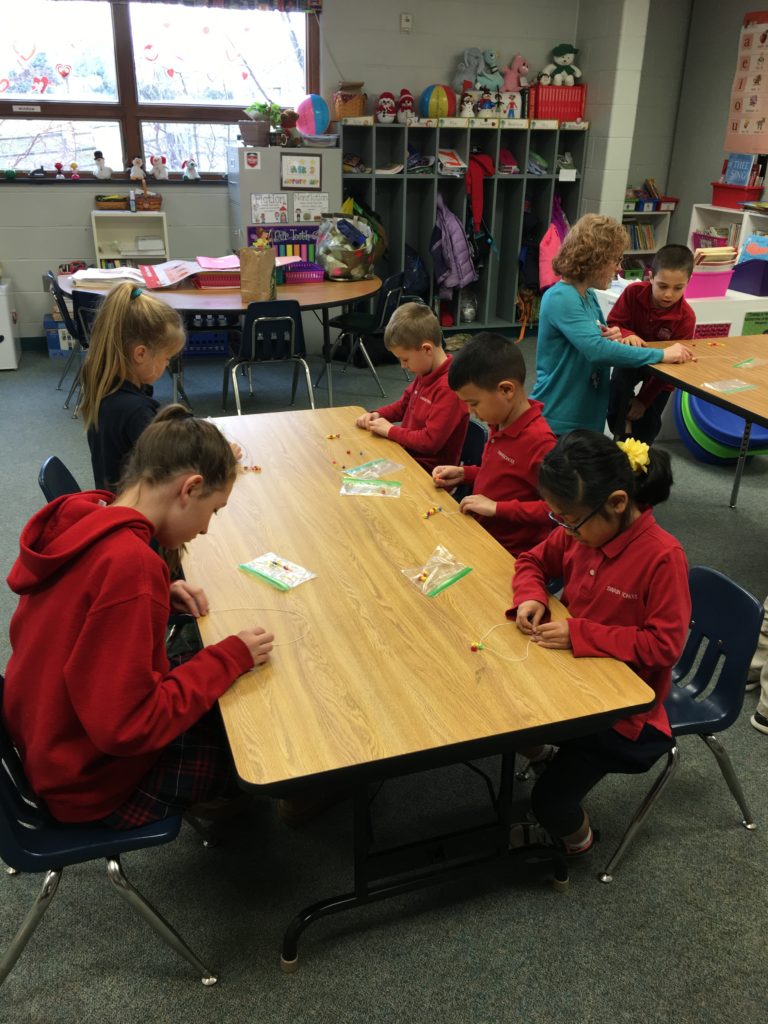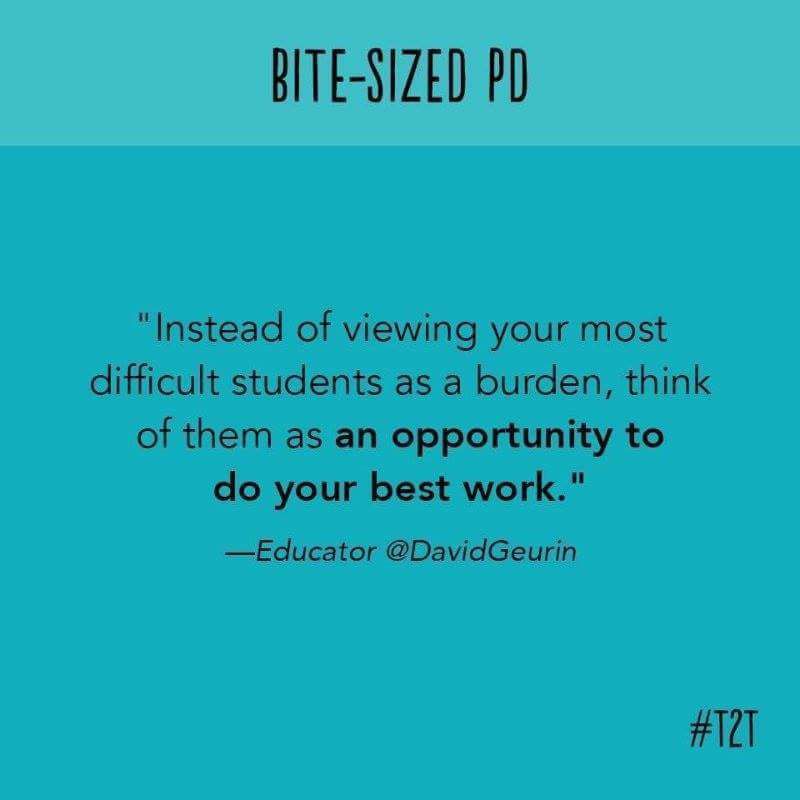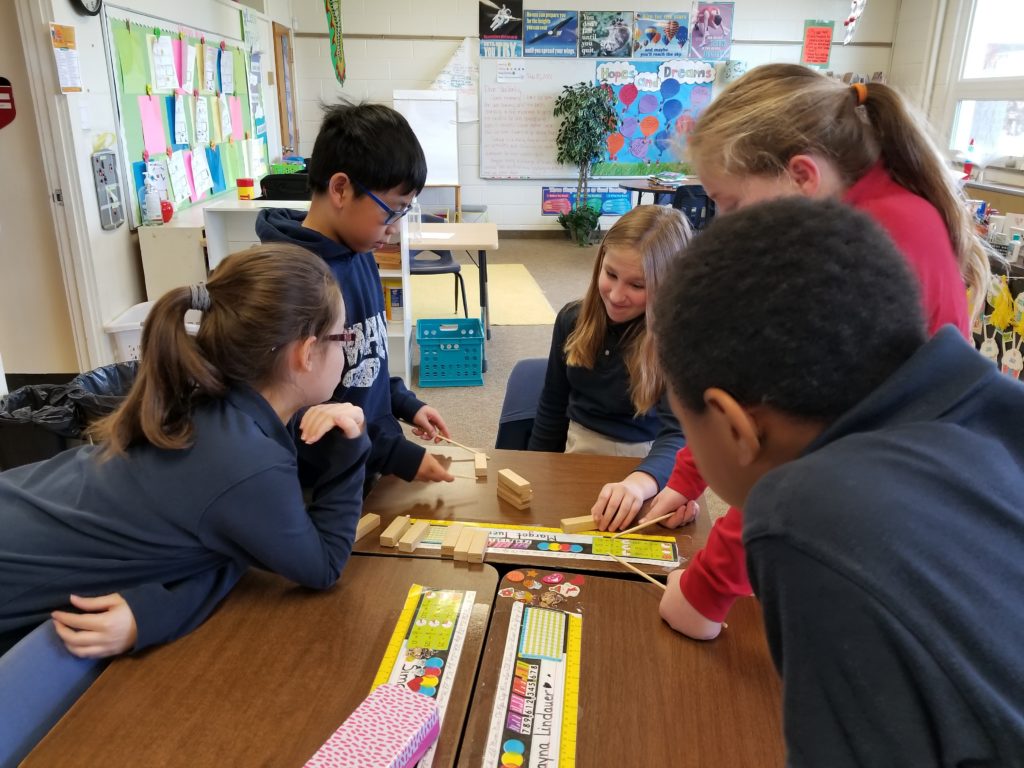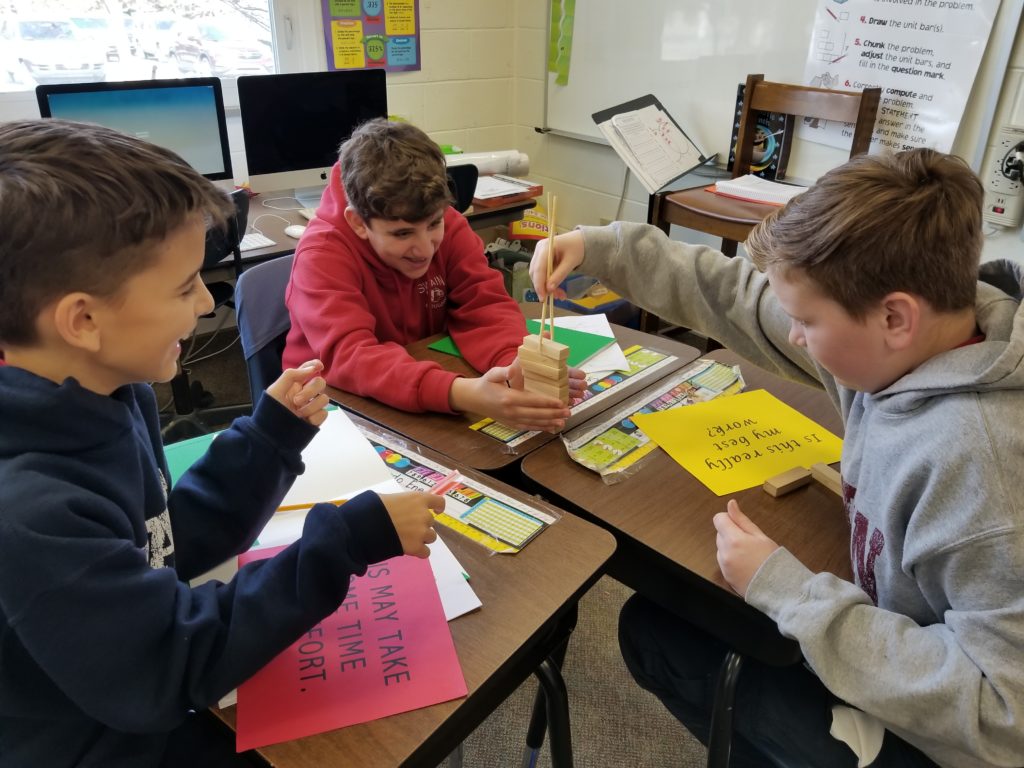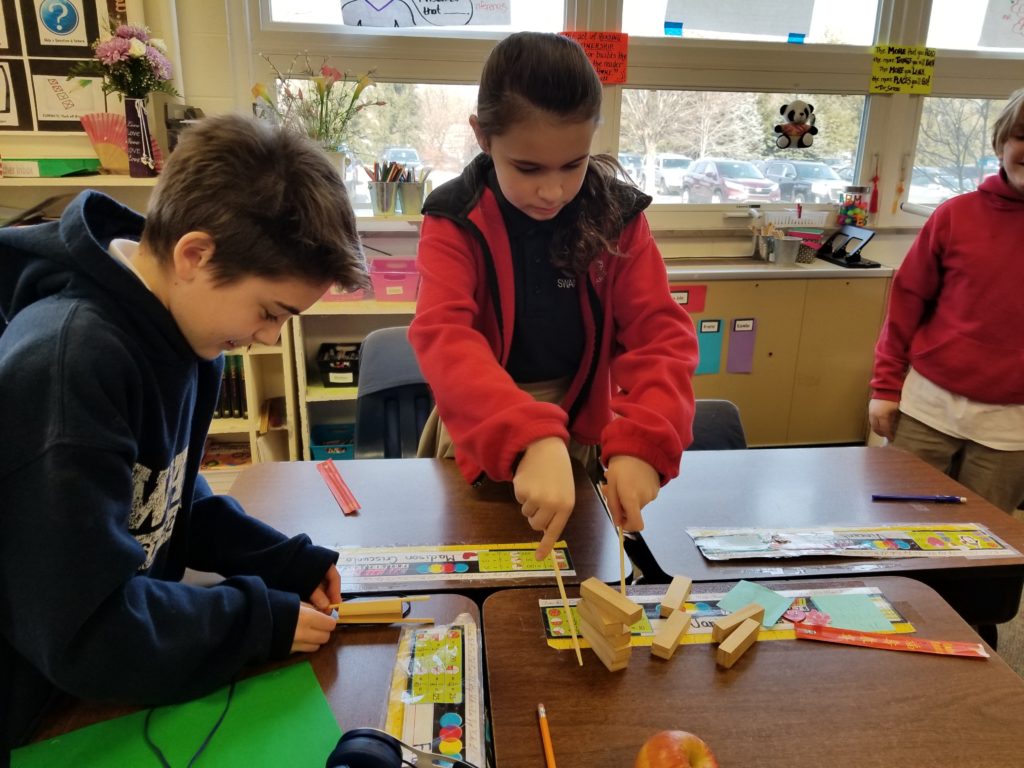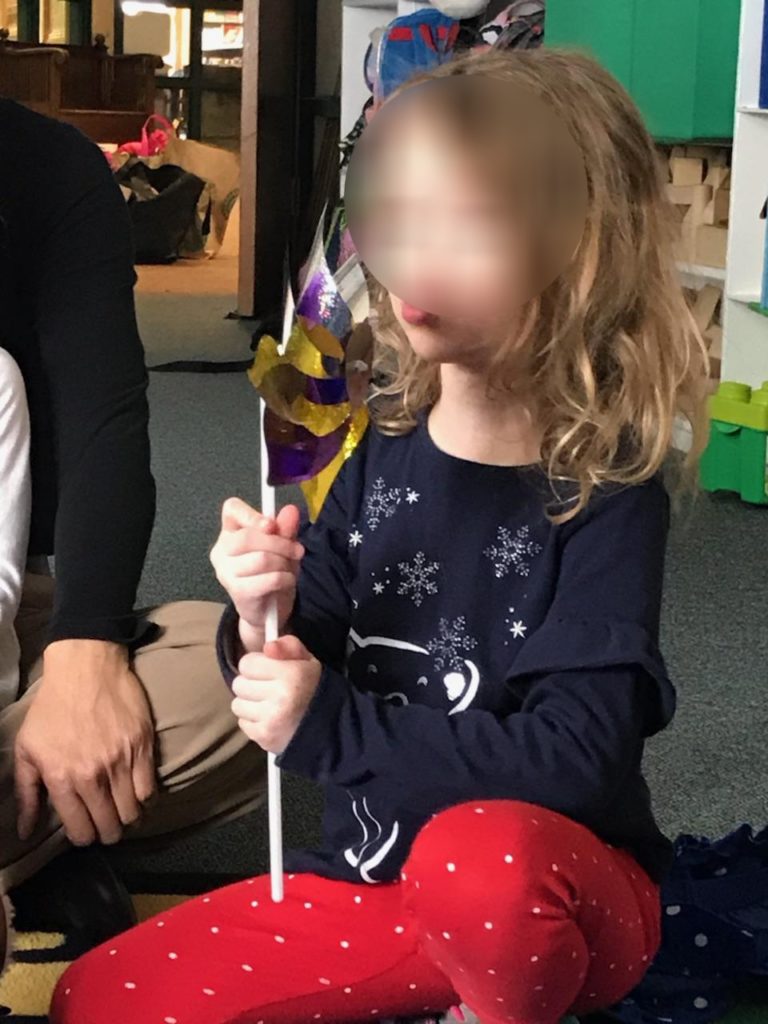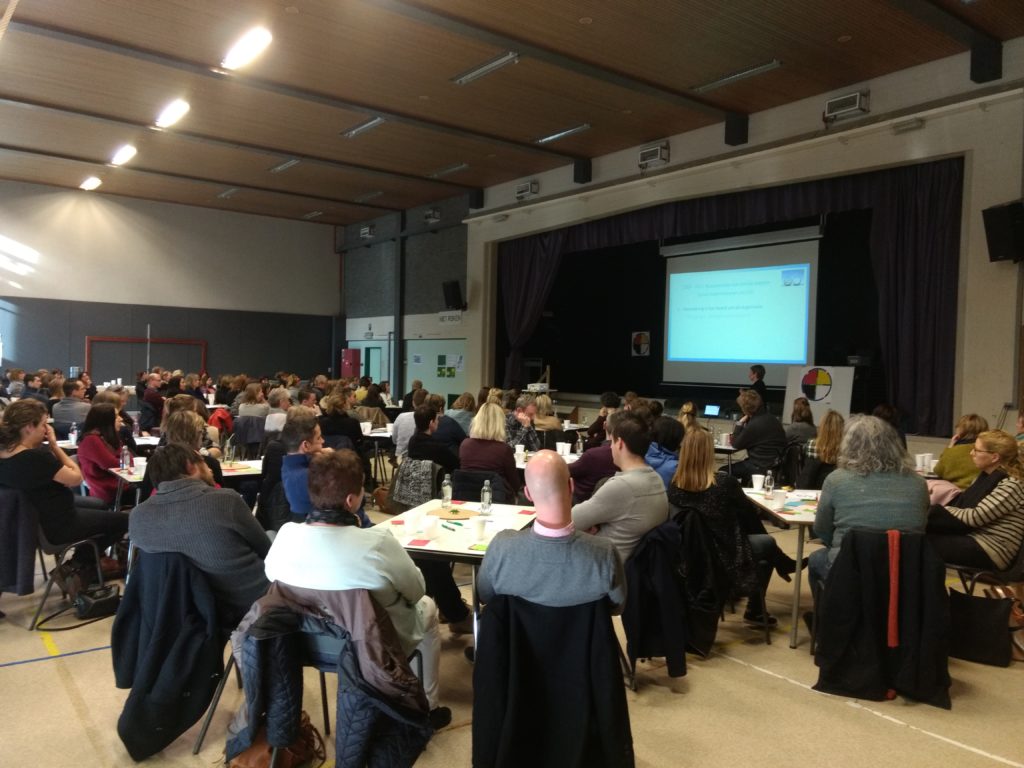Archive for February, 2018
Mindfulness and Deep Breathing Lesson for Students
0
A Child’s Life, Free From Violence and Fear
0Sharing a great post by Vanessa Nicholas as well as my own heartfelt gratitude for all educators:
“I am one fed up mama. I’m fed up for our children and I’m fed up for you, our educators. And I’m pledging to fight until we see more and more years pass before the next tragedy, not just days.
I will fight until there’s a time when this is all a distant memory and we can look back and say, “man, that was a scary time but look how far we’ve come”. I will fight for schools to be a safer place and fight for a day when you feel like you don’t have to have your guard up. I promise, I’m fighting.
I know we can do this and we will but in the meantime, teachers…thank you.
I will never have enough words of gratitude and thankfulness.
You are true heroes. My words will never fill that statement with enough power.”
How to Help Students Navigate Conflicts
0Recently, I was asked by Education Week’s Classroom Q&A with Larry Ferlazzo to weigh in on the question:
When two or more students are having a conflict, what are the most effective ways teachers can respond to the situation?
Here is my answer, along with the thoughtful responses of 5 other professionals:
http://blogs.edweek.org/teachers/classroom_qa_with_larry_ferlazzo/2018/02/response_ways_to_navigate_conflicts_restore_relationships_between_students.html
Teaching Growth Mindset with Wooden Blocks
0This month, I am working with my 5th grade students on developing a Growth Mindset. They are learning the value of working through problems, persisting through mistakes, learning from failures, and demonstrating an open-mindedness toward lifelong learning and continuous improvement.
Today, we did a fun activity where the kids were challenged to build a tower with wooden blocks–using only chopsticks (no hands!). The task was intentionally difficult, but using teamwork and a growth mindset, the kids were challenged to persist until they completed the task. Initial failures happened, goals were ultimately achieved, hilarity ensued and a good time was had by all.
Teaching Mindfulness to Students
0This month, I am working with students in grades PK, K and 1 to learn and practice basic mindfulness strategies. In our first lesson, we talked about mindfulness as a special way of paying attention–both to the things happening around us and also to the way we feel on the inside.
In our first few lessons, we’ve been really paying attention to our breathing. Using pinwheels, feathers, and “belly buddies,” we’ve been learning how slow, deep breathing can help us feel more calm. Here we are practicing some of our mindfulness skills:
The kids are loving it! Here’s what one of the parents had to say after our first lesson:
I love that this is happening…the students I teach benefit from learning coping skills like this (when they use them 🙂 [My daughter] told me about her feather and actually asked for it a few times already when she was getting upset!
LSCI Training Uses Problems Situations as Opportunities to Connect
0In the year 2000, as a young clinical social worker just two years out of graduate school and trying to find ways to effectively connect with tweens and teens in a residential treatment center, I lucked into attending an LSCI Certification training. To say that the advanced skills of LSCI changed my life would be an understatement. 18 years later, I can honestly say that I use LSCI skills every. single. day. in my work as the Director of Counseling at an Independent School, as a Mama of two daughters, and as a colleague.
It is the most practical set of skills I have ever learned, but more importantly, it is a way of thinking about young  people. LSCI taught me to always LOOK BEYOND BEHAVIOR and to focus my attention on discovering the beliefs, thoughts, and feelings that underlie a young person’s challenging behaviors.
people. LSCI taught me to always LOOK BEYOND BEHAVIOR and to focus my attention on discovering the beliefs, thoughts, and feelings that underlie a young person’s challenging behaviors.
LSCI keeps foremost in my mind that every person has a story and that my most valuable role can be in connecting with that young person so that I can help them put that emotional story into words–rather than expressing themselves through self-destructive behaviors.
That’s LSCI in a nutshell–though the 4-day certification course offers so, so much more in terms of practical, step-by-step skills to reach and teach young people with patterns of self-defeating behaviors. I’m always happy to tell you more about what LSCI offers. Please feel free to email me at signewhitson@lsci.org or check out LSCI’s website at www.lsci.org
In the meantime, today I’m thrilled to say that LSCI is thriving not just in the U.S., but throughout Canada, Europe, and beyond! Check out these images of LSCI training in Flanders, Belgium last week:

